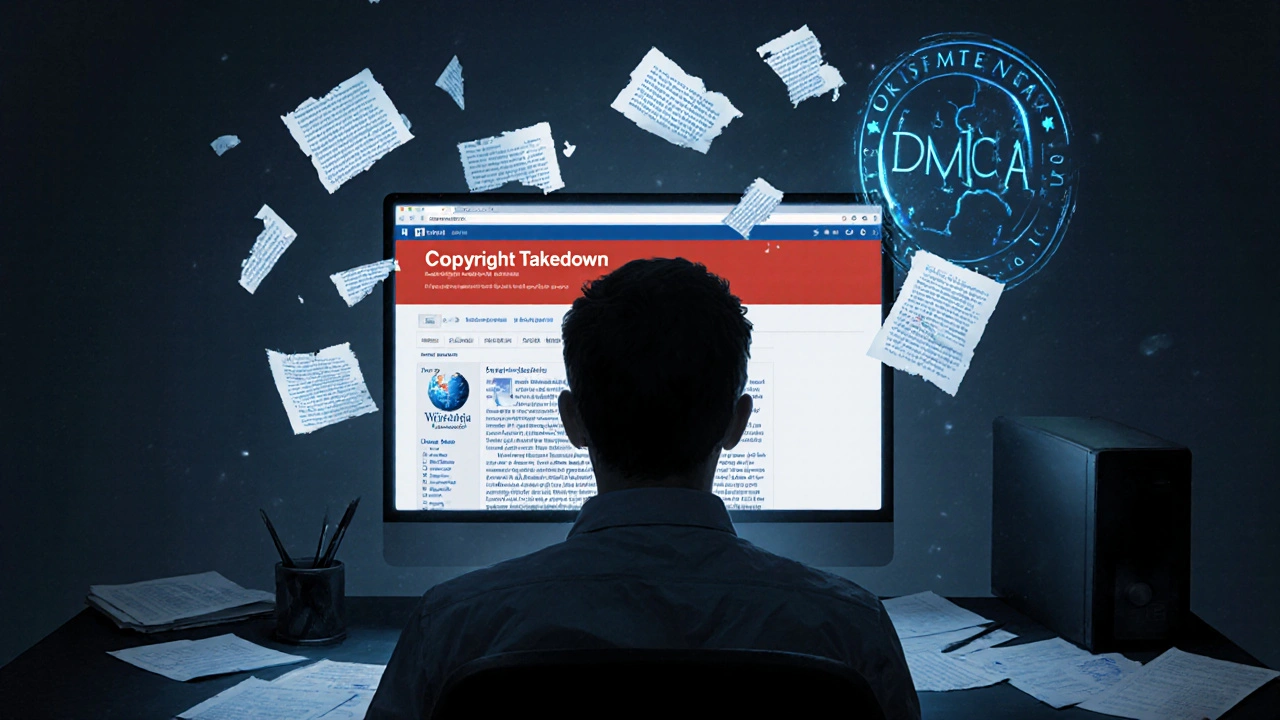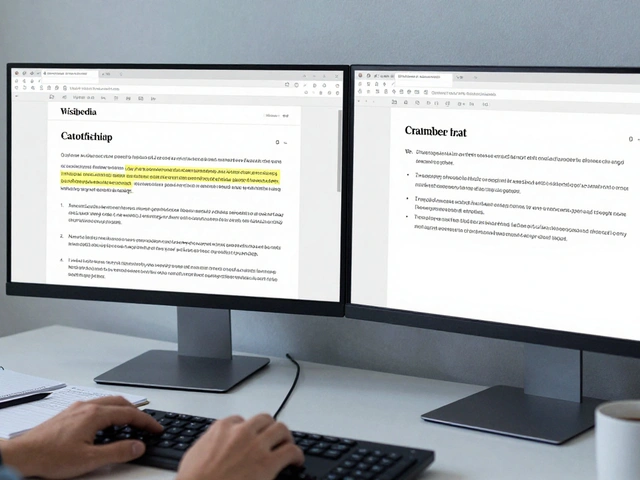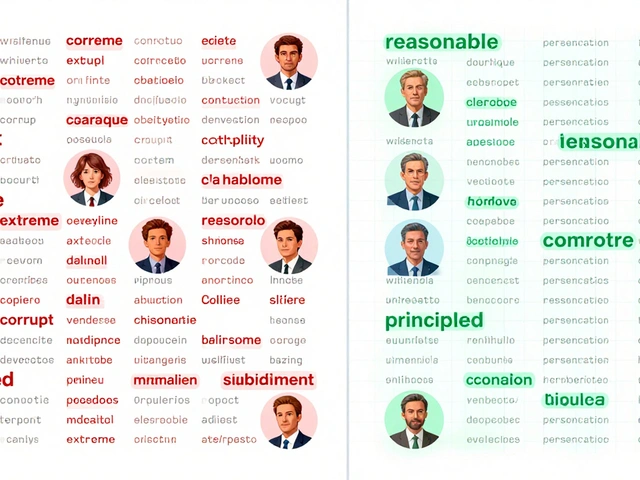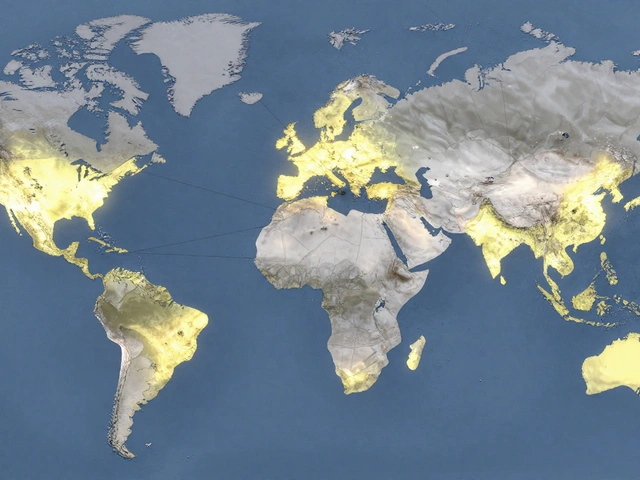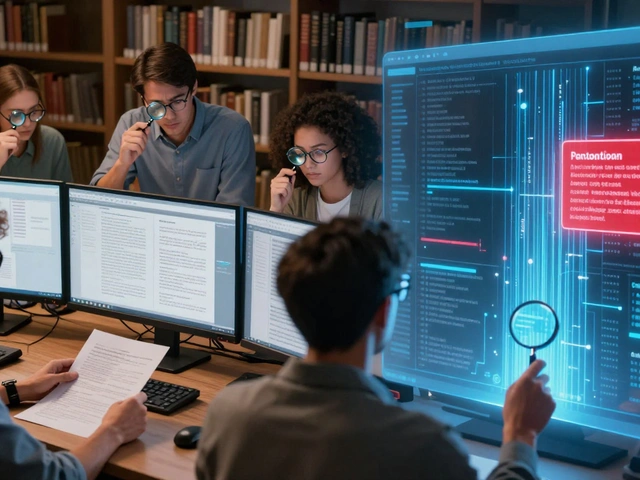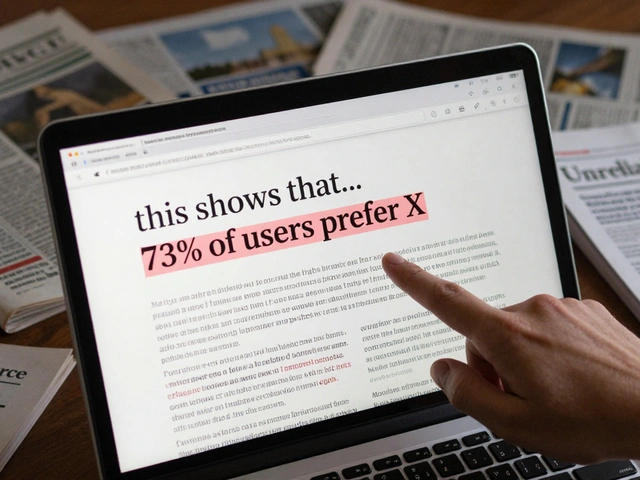Copyright Violations Wikipedia
When someone copies text from a website, book, or article and pastes it into Wikipedia, a free, volunteer-edited encyclopedia that relies on legally reusable content. Also known as free knowledge platform, it can't exist without strict rules around who owns what. Every edit on Wikipedia must come from a source that allows free reuse — and that’s where CC BY-SA, the license that lets anyone copy and adapt Wikipedia content as long as they credit the source and share changes the same way comes in. If you copy a news article, blog post, or textbook into Wikipedia without permission, you’re breaking the law — and you’re breaking Wikipedia’s rules. This isn’t just about ethics; it’s about keeping the whole project legal and sustainable.
Volunteers run constant checks for copyright violations, unauthorized copying of text that doesn’t meet open license requirements. Tools like CopyVios scan new edits for matches with protected content. Editors also manually review suspicious edits — especially on popular pages like celebrity biographies or product descriptions. When a violation is found, the text gets removed, the editor gets warned, and sometimes their account gets blocked. It’s not about punishment — it’s about protecting the integrity of the encyclopedia. You can’t build a free knowledge base on stolen words.
Some people think, "But I’m just sharing information — why does it matter?" The answer is simple: if Wikipedia starts accepting copyrighted material, it loses its legal right to exist as a free resource. That means no one else can reuse it, no school can print it, no app can pull data from it. And if Wikipedia can’t be reused, then the whole idea of open knowledge collapses. That’s why even small copy-paste errors matter. The CC BY-SA license, the legal backbone of Wikipedia’s content sharing is what makes it different from Google or AI encyclopedias that hide their sources. Wikipedia’s transparency is its strength — and copyright violations break that trust.
It’s not just about big corporations suing. Most violations come from well-meaning editors who don’t realize that copying a Wikipedia summary from a university website or a news outlet isn’t allowed — even if the site doesn’t say "all rights reserved." The problem is that copyright applies automatically, even if there’s no notice. That’s why Wikipedia teaches editors to use only sources that are clearly free to reuse: public domain materials, government documents, or content licensed under CC BY-SA or similar. If you’re unsure, don’t paste — find a better source.
Behind every clean Wikipedia article is a quiet army of volunteers who track down stolen text, rewrite it from scratch, and relicense it properly. They don’t get paid. They don’t get fame. They do it because they believe knowledge should be free — but only if it’s legally free. What you’ll find below are real stories, tools, and policies that show how Wikipedia fights copyright violations every day — not with lawyers, but with editors, bots, and a shared commitment to doing things the right way.
Copyright Takedown Requests on Wikipedia: Trends and Issues
Wikipedia removes thousands of copyright claims each year, often erasing valuable content. Learn how takedown requests work, who files them, and why knowledge is disappearing from the world’s largest encyclopedia.
